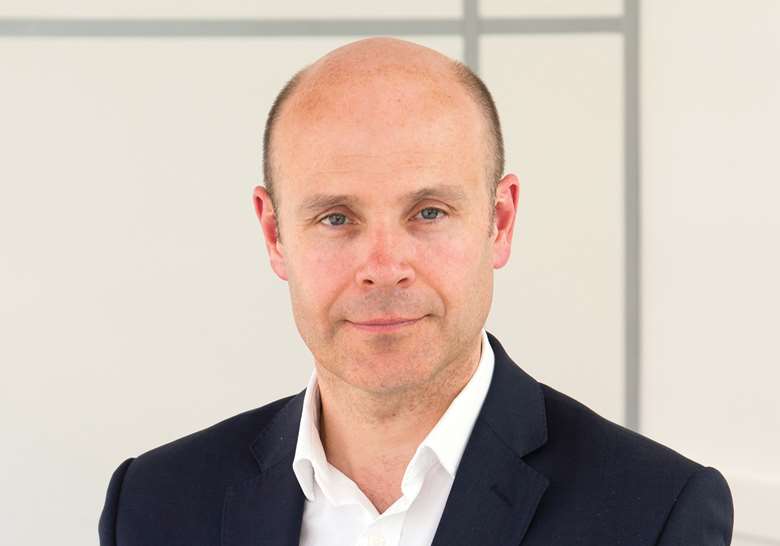Human rights committee condemns government poverty record
Joe Lepper
Tuesday, March 24, 2015
MPs have criticised the government for eroding the rights of vulnerable children, including child migrants and those living in poverty.

In its latest report on the UK’s compliance with the United Nations Convention on the Rights of the Child (UNCRC), the House of Commons’ joint committee on human rights said policy changes to immigration, youth justice and legal aid have “actually worked against the best interests of children” and contravene the government’s 2010 commitment to have due regard for the convention when making policy.
The likely failure by government to meet a commitment to eliminate child poverty by 2020 was also highlighted as a concern by the committee. It called on the government to make child poverty a human rights issue as it is a “phenomenon, which impacts very considerably on children’s rights”.
Cuts to legal aid were particularly criticised in the report for disproportionately affecting vulnerable children, such as those seeking asylum or involved in family law cases.
The committee heard evidence from campaign group JustRights that the number of children and young people receiving welfare, immigration and asylum-related legal aid had fallen by nearly two-thirds.
The Children’s Society chief executive Matthew Reed said it is “appalling” that the rights of children involved in immigration cases and living in poverty “continue to suffer”.
He said: “As the report recognises, without substantial changes in policy, the likelihood of the government meeting its legal duty to eliminate child poverty by 2020 is unachievable. Estimates show that in the next five years, an additional 700,000 children will be trapped in poverty.
“To address this, we are urgently calling for the next government to tackle child poverty by increasing benefits for children at least in line with rises in the cost of living and by extending free school meals to all children in poverty.
“Keeping children safe from harm and protecting their human rights should be a top priority for any government.”
Another recommendation by the committee is for children's rights to be given as high a profile in government as women’s and equality rights by being included in the portfolio of Education Secretary Nicky Morgan.
The committee acknowledged some areas where the rights of children had been considered by ministers. It was impressed with the Modern Slavery Bill and Children and Families Act but said too often children’s rights had been overlooked and consideration of the UNCRC was “far from consistent” across government.
Joint committee on human rights chair Hywel Francis, said: "The 2010 commitment by the government to have due regard to the UNCRC when making policy and law was a bold and welcome step.
“In many areas things have improved for children over this parliament as a result, although the momentum set in train in 2010 has slowed considerably in some areas.
“We hope the new government will renew that commitment and that our successor committee will monitor how children’s rights are fully taken into account in new law and policy.”
A Ministry of Justice spokesperson said: "Our reforms have prioritised funding for cases where legal help and advice is most needed, and have made sure that family cases involving children at risk are still covered. We are closely monitoring the impact of the changes and would be concerned if there was any evidence presented to us that vulnerable children were not getting the legal help they needed.
"Since 2011, we have significantly reduced the time that care cases involving children take, and have introduced major reforms to keep more family disputes out of court."
A Deprtment for Work and Pensions spokesman added: "There are now 300,000 fewer children in relative poverty than in 2010, and there are also record numbers of people in work, with more people than ever before with the security of a regular wage.”




